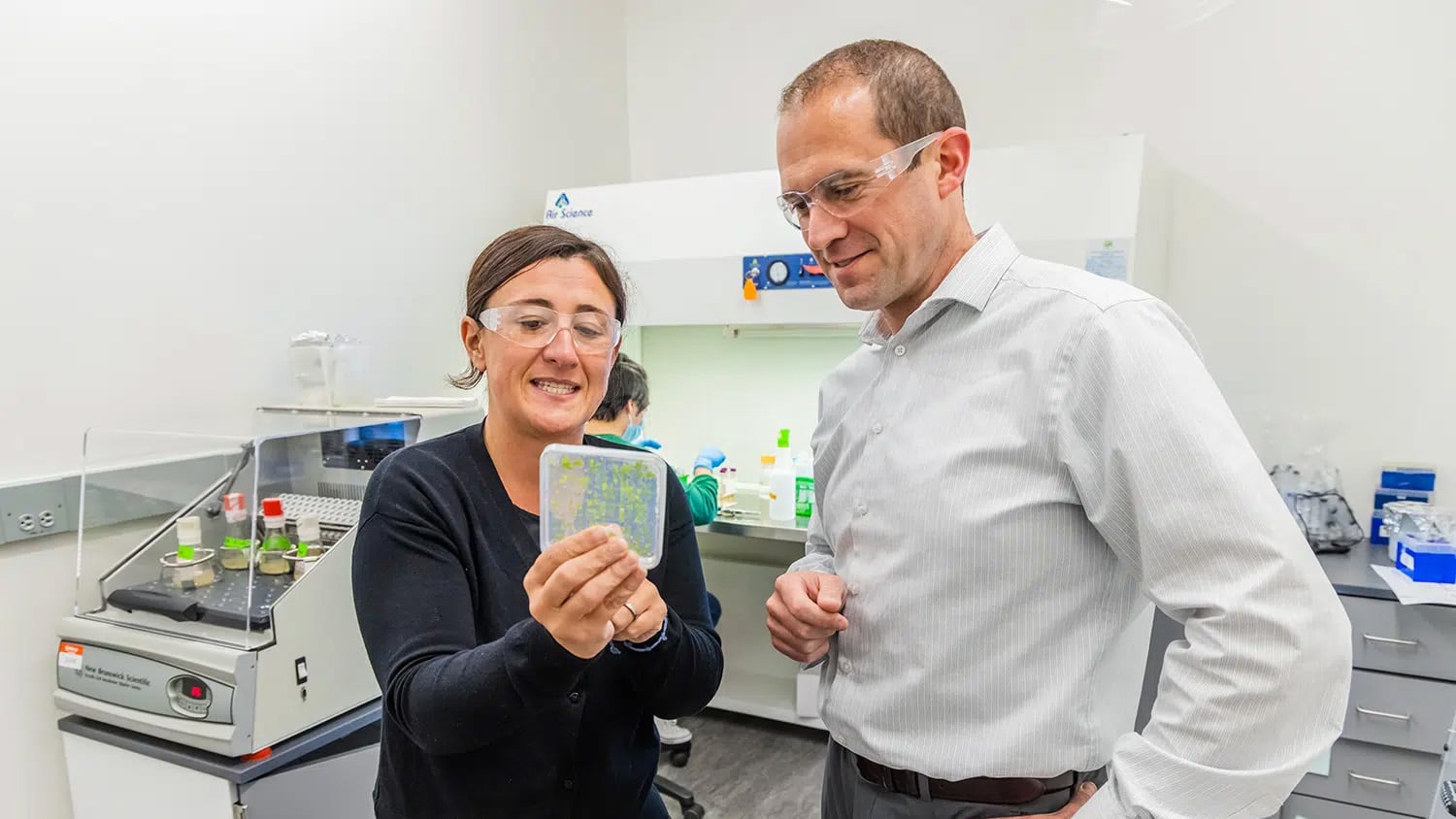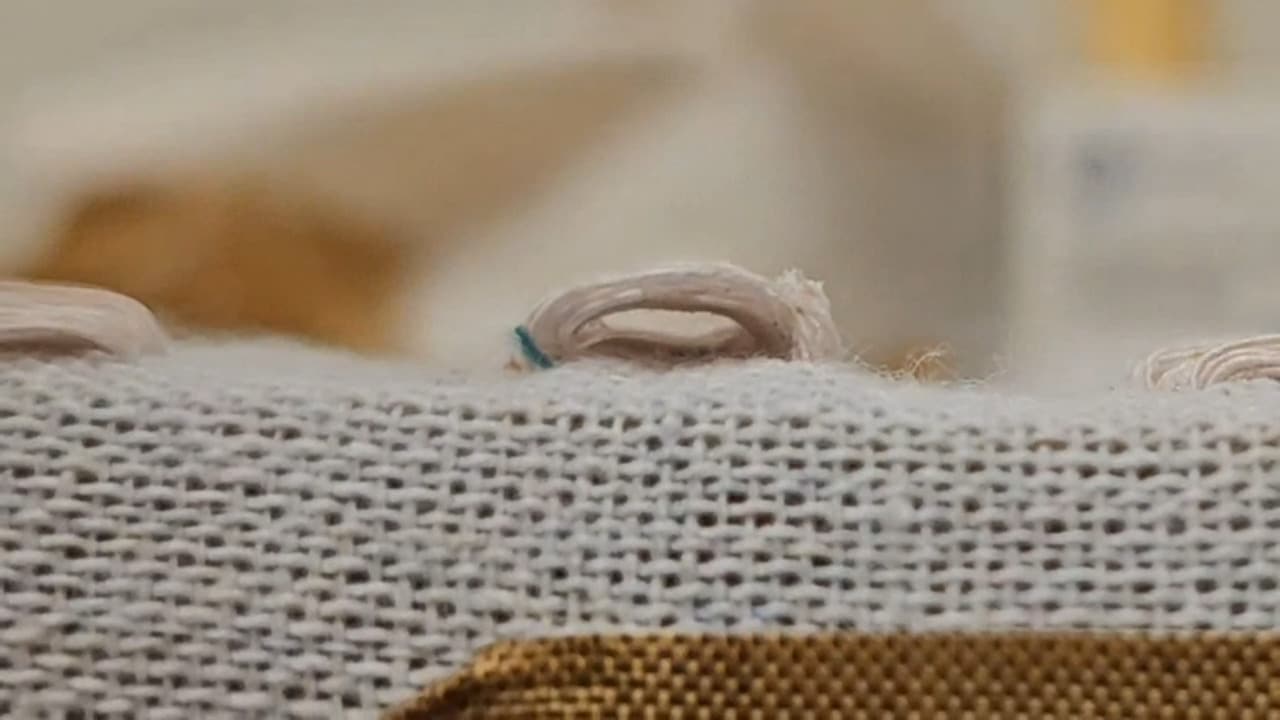Pioneering Cat Receives Total Knee Replacement
A tough cancer survivor named Cyrano received a brand new knee Thursday at NC State, making him the first ever feline recipient of an osseointegrated knee implant.
Cyrano is a 10-year-old tabby cat who was treated for bone cancer last year and is now in total remission. However, the disease and treatment weakened the bone in his affected back leg and Cyrano’s knee

deteriorated as a result. His owner, Sandy Lerner, felt that amputation would negatively affect the cat’s quality of life, and her search for other options brought them both to NC State and the team of orthopedic surgeon Dr. Denis Marcellin-Little and industrial and systems engineer Dr. Ola Harrysson.
Marcellin-Little and Harrysson are pioneers in osseointegration, a process that fuses a prosthetic limb with an animal’s (or human’s) bones. The NC State team, in collaboration with veterinarians and engineers from around the U.S. and abroad, will provide Cyrano with the first ever custom-made, osseointegrated feline knee replacement.
“Although total knee replacements in dogs are increasingly common, a cat poses some additional challenges, particularly regarding the size of the implant,” Marcellin-Little says. “Additionally, Cyrano’s existing leg bones were weakened by the cancer, so we must take care to be sure that the implant does not place undue stress on the remaining bone.”
If all goes well, Cyrano should be back to mousing at the family farm in about three months.
Cyrano’s case is unique, but Marcellin-Little hopes that this surgery will pave the way toward making feline knee replacements more commonly available. “This collaboration between NC State’s College of Veterinary Medicine, College of Engineering, and outside implant designers and manufacturers allows us to design and make implants that we could only dream of, in the past. I am sure that this technology will help other patients with tumors, in the future.”
- Categories:


